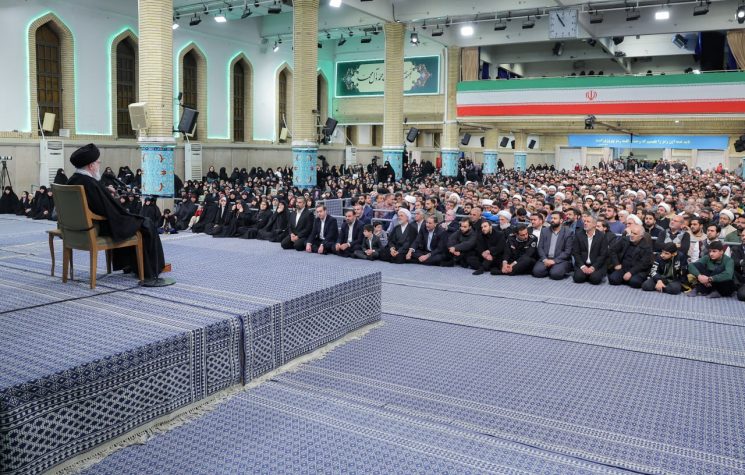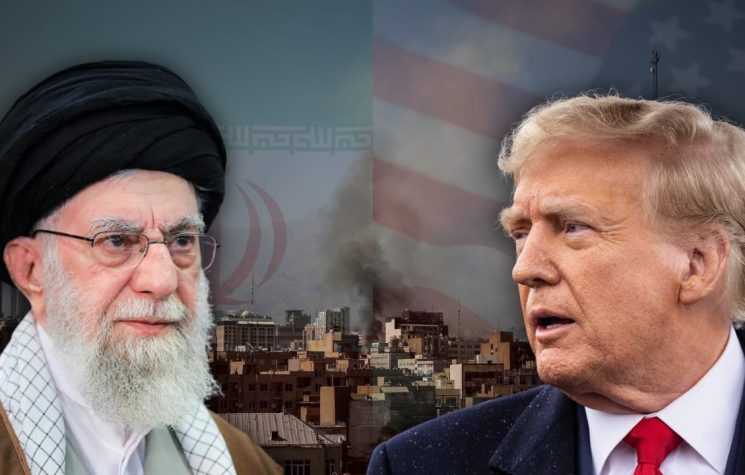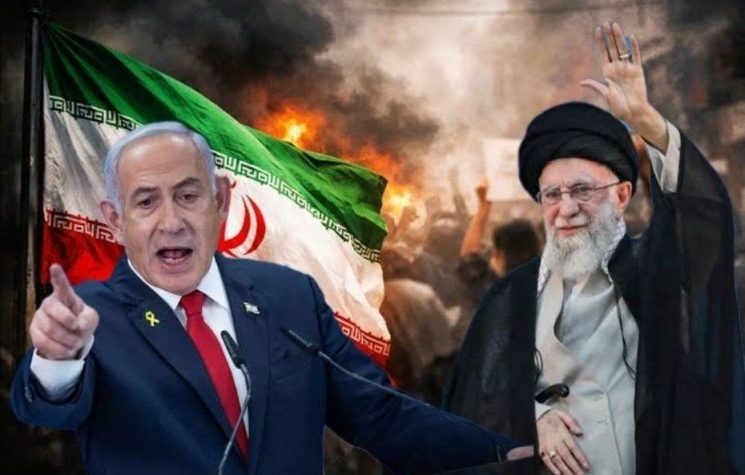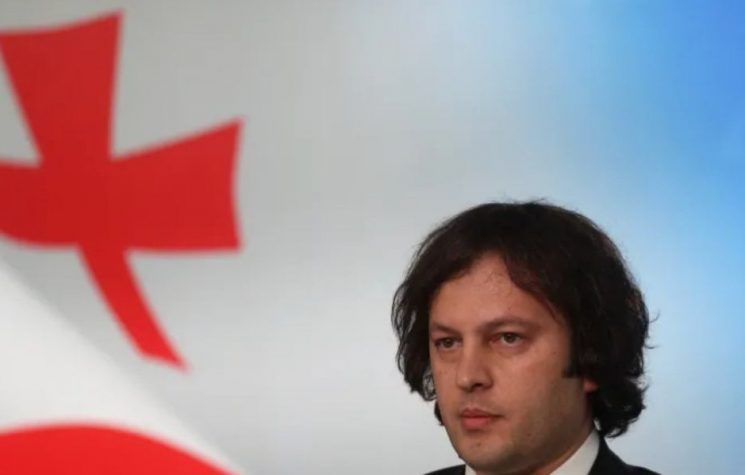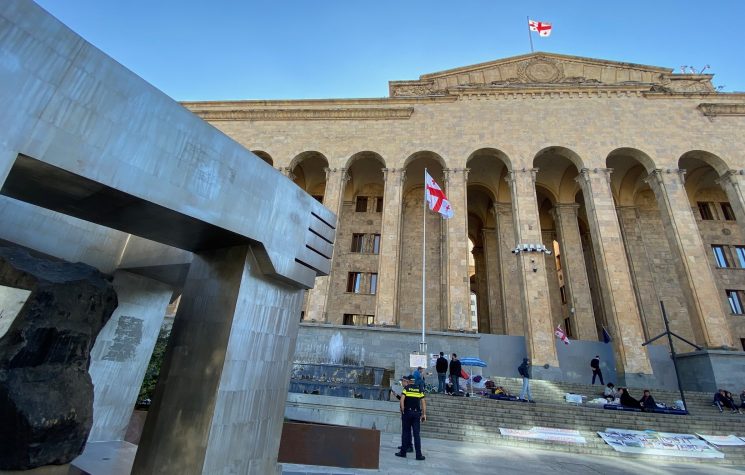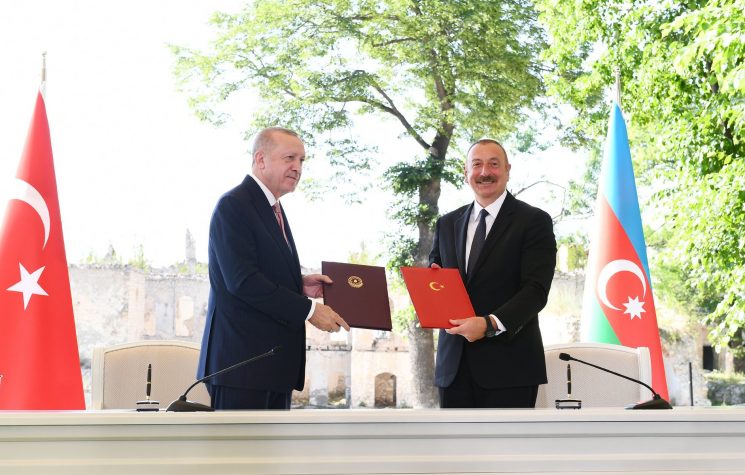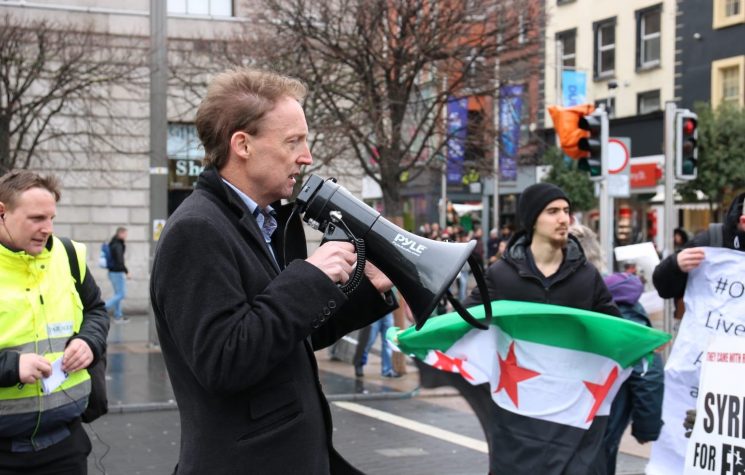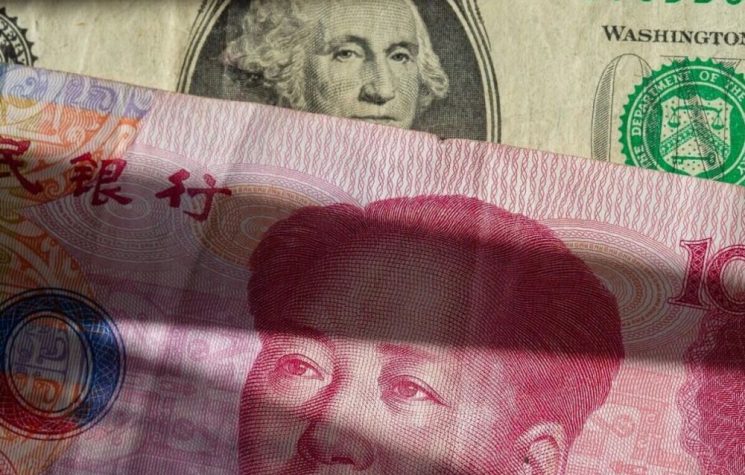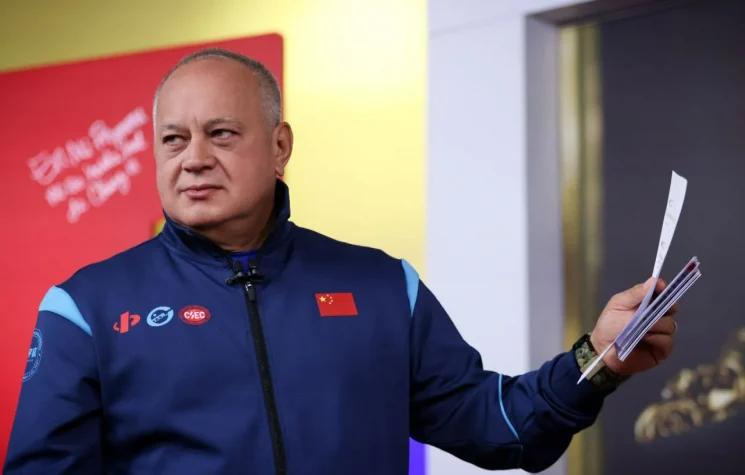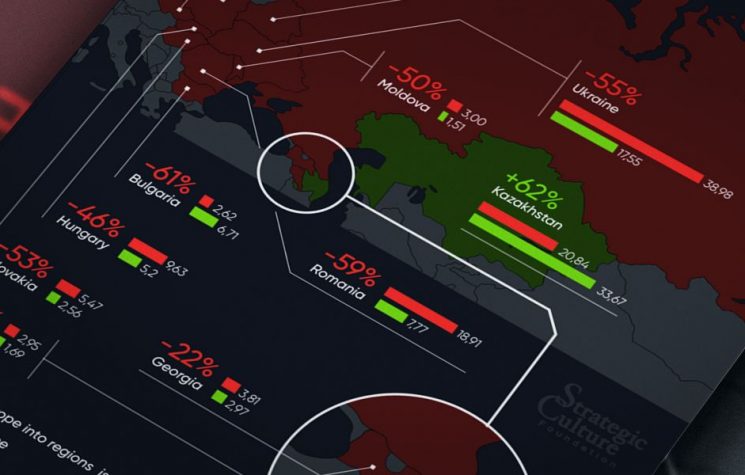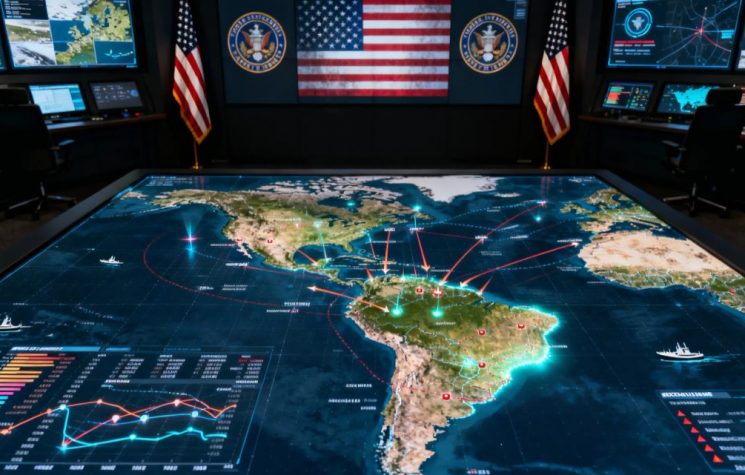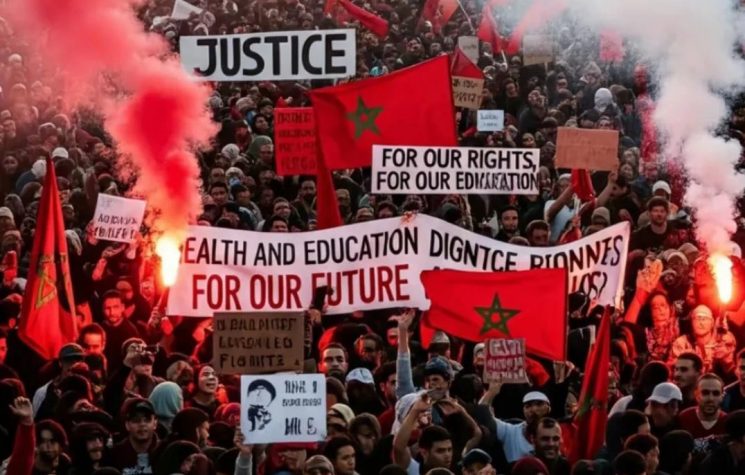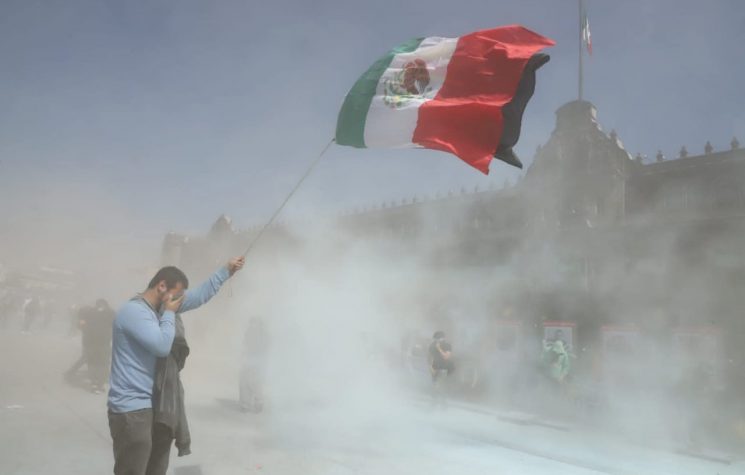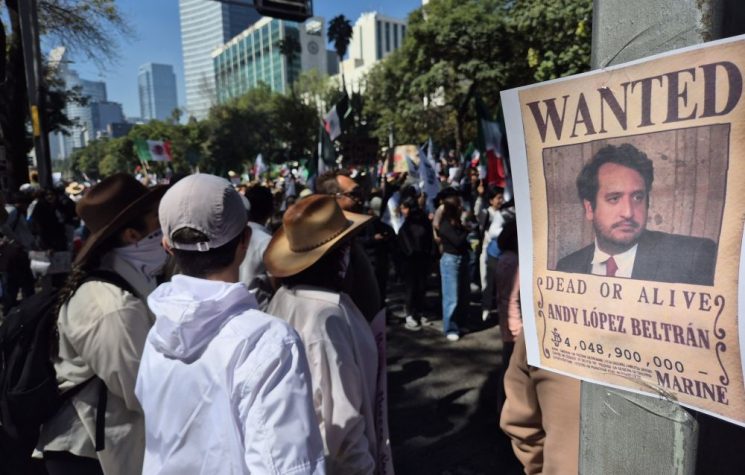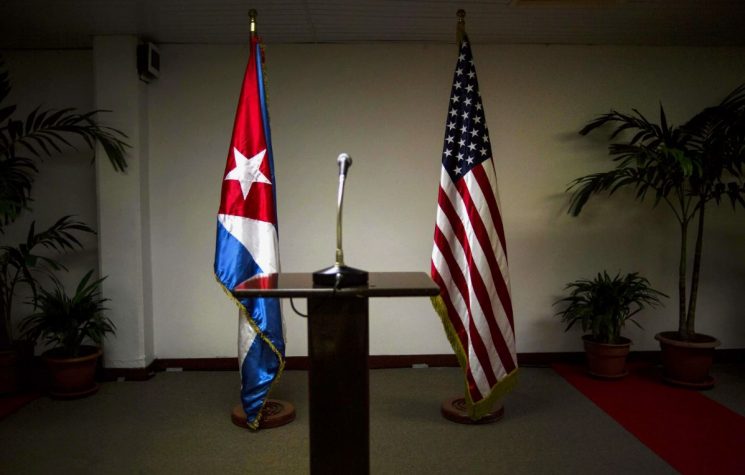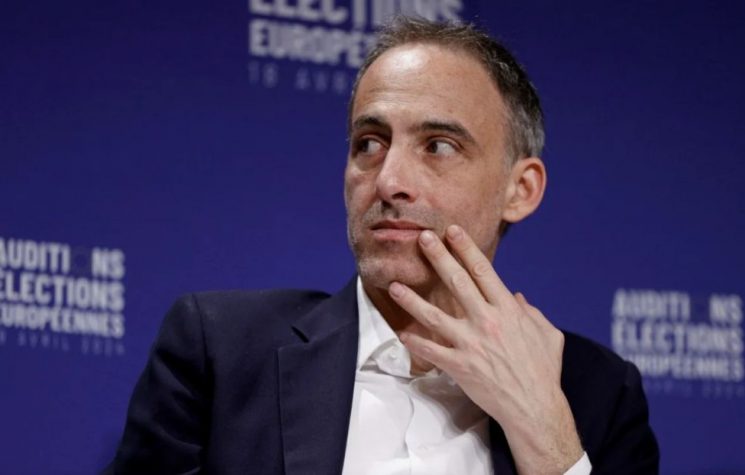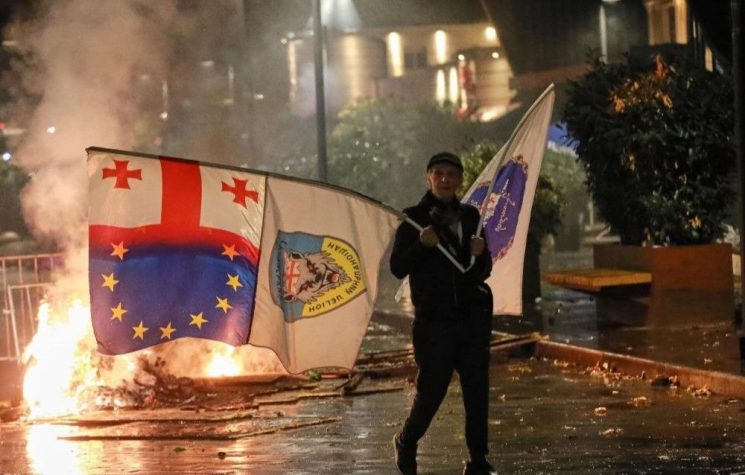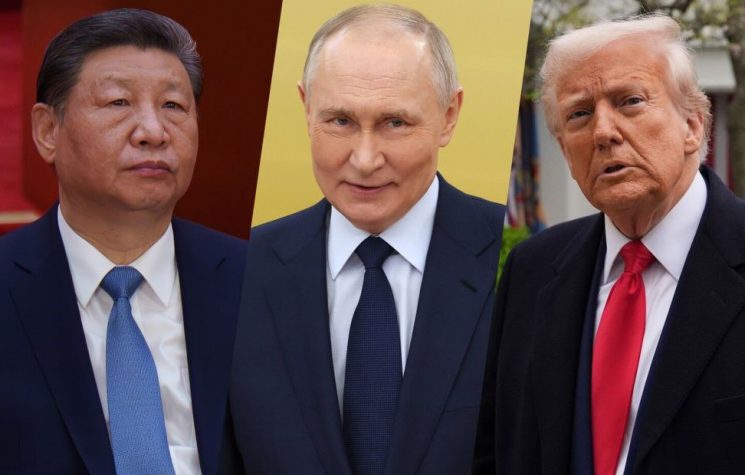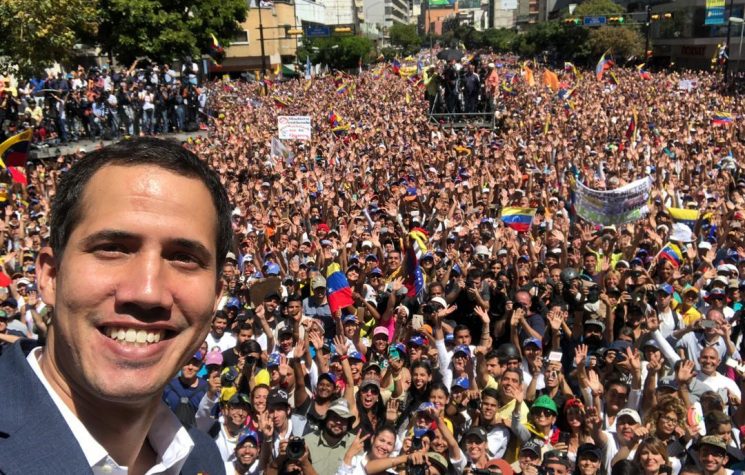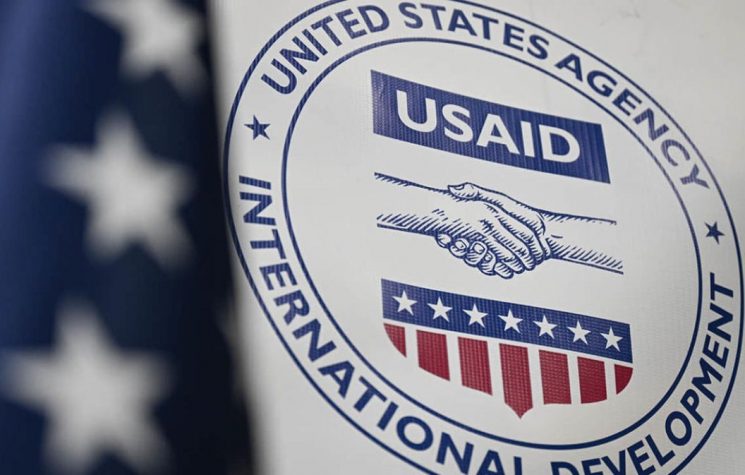While a great deal of controversies have arisen in the world-wide activities of USAID it may be worthwhile to explore its attempts of preventing individuals from finding information that challenges official narratives.
Contact us: info@strategic-culture.su
The U.S. Agency for International Development (USAID) was created by the U.S. president John Fitzgerald Kennedy on 3 November 1961. The justification for its creation was his firm belief that the U.S. hegemonic position in the world could not be maintained just through the use of military means but had to be supplemented by economic assistance as well. After more than 60 years of its existence, USAID is active in over 30 countries with its annual budget of over $30 billion and it employs over 11,000 people while its goals have not changed. [John Norris, The Enduring Struggle, The History of The U.S. Agency for International Development and America’s Uneasy Transformation of The World, Rowman & Littlefield, New York, 2021, 1-27]
In August 2022, the current administrator of USAID, Samantha Power told the House Foreign Affairs Committee the following: “An international order that values democracy and human rights and respects international borders is not given. Indeed, authoritarian actors are challenging and aiming to reshape it. We have to invest in the stable and more humane world that we need.”
On 17 May, 2023, Senator Michael McCaul while attending a session of the House Foreign Affairs Committee, insisted that the U.S. Agency for International Development didn’t go far enough in addressing the threat posed by the Chinese Communist Party. He even went further by stating the need to project U.S. global leadership around the world.
While a great deal of controversies have arisen in the world-wide activities of USAID, it may be worthwhile exploring its attempts of preventing individuals from finding information that challenges official narratives, of using misinformation, disinformation and fake news. Some ideas on those aspects were provided by Alan MacLeod of Mint Press News who dealt with global censorship in the name of democracy.
USAID the putative Good Samaritan working for Uncle Sam
Many projects by USAID (the Agency) give an overwhelming impression, especially in education and healthcare, that their purpose is to improve people’s lot in poverty stricken areas in developing countries. For this purpose it may be handy to elaborate on the educational input by the Agency. The prime example of it could be Progress Report 2018–2021. Indeed, it is hard not to be impressed with the data and the achievements presented in the report.
Since 2018, the Agency has worked in more than 80 countries, as the report emphasizes, to ensure that children and youth have access to the education and skills they need to become productive members of society. In fiscal year 2020, USAID’s global education programs claimed to achieve the following: over 24 million learners were reached across the spectrum of pre-primary through higher education; over 580 higher education institutions were provided with capacity development support; 300,000 educators, administrators and officials were trained; and over 93,000 public and private schools were assisted at the pre-primary, primary and secondary levels.
One may wonder on the impact of such activities on the recipients of aid. Surely, most of the young ones know little about the United States of America and its foreign policies. U.S. promoted education may be viewed with great admiration as the only tangible experience. On the basis of this, they have every reason to think Americans are generous people who care about children and youth in foreign countries not expecting anything in return. One can imagine that when they receive parcels and boxes of books and teaching materials marked “From the American People” the students are filled with enthusiasm and appreciation. Under such circumstances, aid recipients are likely to be henceforth predisposed to perceiving the U.S. as an altruistic and selfless patron.
Thus, the Agency provides invaluable “soft power” for projecting U.S. global interests. The “humanitarian” projection of power can be more effective than the overt hard power of the CIA and Pentagon. But sometimes, USAID oversteps its supposedly humanitarian remit and then betrays its real purpose in target nations.
Coming out of the humanitarian closet
According to the Kyrgyz foreign minister Temir Sariyev, USAID would lose its privileged status over an award conferred on a jailed dissident. The award was made by the U.S. State Department human rights prize to Azimjon Askarov, a journalist and activist who is serving a life sentence on charges of inciting ethnic hatred in this Central Asian nation. The award was viewed as interference in internal affairs of Kyrgyzstan in terms of its legal system, ethnic affairs and possibly spreading disinformation.
Stakes are much higher for USAID involvement in Uganda. In 2023, President Yoweri Museveni signed into law a bill that could lead to the death penalty for people found guilty of “aggravated homosexuality,” defined as same-sex acts involving people living with HIV or minors, among others.
As a result, the World Bank and USAID will review their work in Uganda, adding their voices to protests over Uganda’s anti-gay bill, which could jeopardize billions of dollars in funding the two institutions spend in the East African country. The measures are undoubtedly harsh but it is a conflict of cultures and values.
By actively participating in Ugandan politics associated with opposing Uganda’s anti-gay bill, USAID is promoting Western and not African values. Making arguments that challenges official government narrative so far came to nothing.
Agency Administrator Samantha Power rushed to reiterate USAID support for LGBTQI+ rights. President Joe Biden heavily criticized Uganda’s Anti-Homosexuality Act depicting it is a deplorable violation of universal human rights, one that is not worthy of the Ugandan people, and one that jeopardizes the prospects of critical economic growth for the entire country.
By taking part vigorously in Ugandan politics related to LGBTQI+ issues, the Agency disparaged the explanations provided by most Ugandan parliamentarians. In doing so, the Agency was outing itself as a neocolonialist enterprise promoting Western and not African values. In this way, USAID is risking undermining its conventional reputation of humanitarian purpose by rashly overstepping cultural norms.
Biden’s empty vows to counter ‘democratic backsliding’ in Africa
In views of Nigerien Presidential Guard Commander General Tchiani, the “continuing degradation of the security situation and poor economic and social governance” justified his July 2023 deposing of President Bazoum. Yet, some observers argue that his real motivation was fear of being replaced.
The effectiveness of regional mechanisms has also decreased. ECOWAS, the West African political and economic bloc, failed to marshal a consensus for military action against the Niger coup. It was further weakened by Niger, Mali, and Burkina Faso’s withdrawal from the bloc in January 2024, aimed at reducing regional pressure on the junta’s to return to constitutional rule and hold elections. This tactic seems to have worked as ECOWAS’ fear of fragmentation and loss of relevance has compelled it to re-open dialogue with the junta and lift most of its sanctions on Niger.
The U.S. attempted to apply particularly tough measures against the putschist leaders in Niger, At first, Washington attempted to organize an armed intervention by ECOWAS, which failed. Then former State Department official Victoria Nuland threatened the cancellation of U.S. aid to Niger.
What about the role of USAID in Niger?
Some of the main efforts were directed ostensibly toward strengthening democratic institutions and promoting free and fair elections.
Ahead of the 2020-2021 local, parliamentary, and presidential elections, USAID purportedly supported preparations for a peaceful and credible democratic transition, including political dialogue, drafting a revised electoral code and electoral procedures, capacity building of political parties, voter registration and education, and prevention of electoral violence.
Unlike its customary educational programs with children and youth, in Niger USAID officials gained direct access to the Nigerien political elite. The Agency trained a total of 71 newly elected members of parliament (MPs), including 52 women MPs, on their roles, the national budget, and legislative and regulatory drafting techniques. The Agency declared in advance that it would support additional electoral system reforms ahead of the 2025 national elections.
Not long ago, President Joe Biden vowed that the U.S. would “counter democratic backsliding by imposing costs for coups” in Africa. But after the military mutiny in Niger involving U.S.-trained officers, the Pentagon refuses to call the takeover a coup d’état. Not only that, the contacts established by USAID with Nigerien parliamentarians turned out useless and the rapport
with the military brass failed to restore the pre-coup state of affairs.
If one takes into account 20 years of U.S. military presence and huge military spending (over $500 million) and USAID “democracy building”, it was a fiasco.
USAID aiding disinformation by going mute on horror of Gaza genocide
As of 21 May 2024, over 37,000 people (35,562 Palestinian and 1,478 Israelis) have been reported as killed in the Israel–Hamas war. Israeli civilians were murdered by Hamas mostly in the beginning of the conflict in October last year, while most Palestinians were killed as a result of indiscriminate bombing, artillery shelling as well as from dehydration and lack of food. The genocide of Palestinians continues.
There are other shocking developments that have a great impact on the flow of information and the media. Namely, since Israel’s genocidal war on Gaza was launched, 80 journalists have been arrested in Gaza and the West Bank, while over 170 others were killed. The numbers of killed Palestinian journalists surpasses drastically the numbers of journalists killed in the six years of WWII (68) and the number of journalists that got killed during the 20 years of the Vietnam War (69).
What’s the purpose of deliberately targeting Palestinian journalists? The Gaza Government Media Office gives a straightforward answer: to obscure the Palestinian narrative, distort the facts, and prevent journalists from reporting the crimes of the Israeli occupation forces.
USAID chiefs sent a confidential memo in April to Secretary of State Antony Blinken claiming that Israel is violating a White House directive by blocking humanitarian aid from entering the besieged Gaza Strip. But why does the Agency not go public with its damning assessment? Why does it stay mute? The conclusion is to cover up.
What’s more, the Agency “assesses the government of Israel (GOI) does not currently demonstrate necessary compliance” with a February 8 White House memo requiring the Secretary of State to obtain assurances from governments receiving U.S. military aid that such assistance is used in compliance with human rights law.
The document was approved by 10 USAID officials, underscoring its widespread backing of the findings. Sonali Korde, the Agency’s deputy assistant administrator and head of the Bureau for Humanitarian Affairs, signed off on the document with the phrase INFO, bureaucratic shorthand for passing it up the chain of command without committing to its conclusions.
The Agency’s benign image unravels in Georgia
In the Georgian political context, USAID went beyond disinformation, misinformation, fake news and undermining official narratives of the Georgian government and the democratic system.
The Georgian parliament passed a law with 84 deputies for and 30 against on a bill to curb foreign agents and foreign interference. It obliges about 10,000 existing NGOs to register their foreign patrons in declarations on an annual basis. Any insubordination will be punishable with fines or a jail term of up to five years.
Worth mentioning, NGOs and media groups that received foreign money were in a position to influence public opinion or decision-making processes in public life. Those in opposition made ridiculous claims about the law as standing in the way of Georgia’s integration with Europe. In response, the supporters of the law reminded that such legal regulations exist in the U.S., Spain, Australia and they are being considered for adoption across the European Union. How hypocritical can you get!
In the background of the heated debate about foreign agents there was an ongoing struggle to weaken if not to destroy the fragile Georgian democracy. The Speaker of the Georgian Parliament, Shalva Papuashvili, went back to 2020 when there was an attempt to discredit the key election watchdog ISFED that would undermine the electoral results of the Georgian Dream Party.
Involved in that endeavor was USAID which claimed that ISFED “spread false results of the parallel count” something that ISFED itself repeatedly denied. Despite this, Agency officials kept on spreading false electoral results. Papuashvili emphasized that USAID hasn’t responded to those claims and their silence serves as an affirmative answer.
The scope of illegitimate activities in Georgia by USAID in 2023 went much further.
On October 2, the Georgian security service SSSG revealed to the public that three Serbian trainers (Siniša Šikman, Jelena Stojšić, and Slobodan Djinovic) affiliated with the civil society organization CANVAS, were brought to Georgia to participate in a civil society engagement program funded by USAID. They sought to recruit activists with the intent of orchestrating a violent overthrow of Georgia’s lawfully elected government.
CANVAS, the U.S. Embassy, and the State Department have strongly denied the charge as “false” and “mischaracterizing the nature of assistance” by the U.S. government.
On October 11 and 12, the State Security Service of Georgia summoned Natalia Vatsadze, an actress, and Vakho Kareli, a photographer, all this, in a follow-up to the so-called “training plot” allegations.
Georgian Prime Minister Irakli Garibashvili said that it has become clear that “foreign countries are actively involved” in these “revolutionary” activities with the arrival of citizens from abroad to conduct sessions “disguised as training for individuals in the field of art and culture,” but really aimed at giving “instructions” on how to incite a revolution and overthrow the government by force.
On October 26, 2023, U.S. Ambassador Erin Elizabeth McKee, USAID Assistant Administrator for Europe and Eurasia, refuted allegations by the ruling Georgian Dream party that USAID is “funding extremists” in Georgia through NGO projects.
“First and foremost, USAID works with a variety of civil society organizations and non-governmental organizations to help strengthen and improve the democratic process,” Ambassador McKee asserted, saying that the objective of work with civil society is “to ensure that every citizen’s voice is heard, [which] is fundamental to a thriving democracy.” In addition, she stressed: “Any claims that the United States through USAID is supporting revolution are patently false and, frankly, disinformation.”
In response, Georgian Dream Chair Kobakhidze argued that even though this training was purportedly about non-violent activism, in reality, it trained individuals “precisely in violent activism.” He stated that the goal was: “Chaos, revolution, and the ultimate goal, we all know what it is, the opening of the second front [against] Russia, which has not been achieved since 2022 when the war in Ukraine began.”
PM Irakli Garibashvili summed up the machinations of U.S. interests in Georgia under the benevolent cover of USAID. He stated: “The only desire of the destructive forces is to violently overthrow the government and open a second front [of the Russo-Ukrainian war] in the country… These are their dirty, anti-national, anti-state plans.”

















